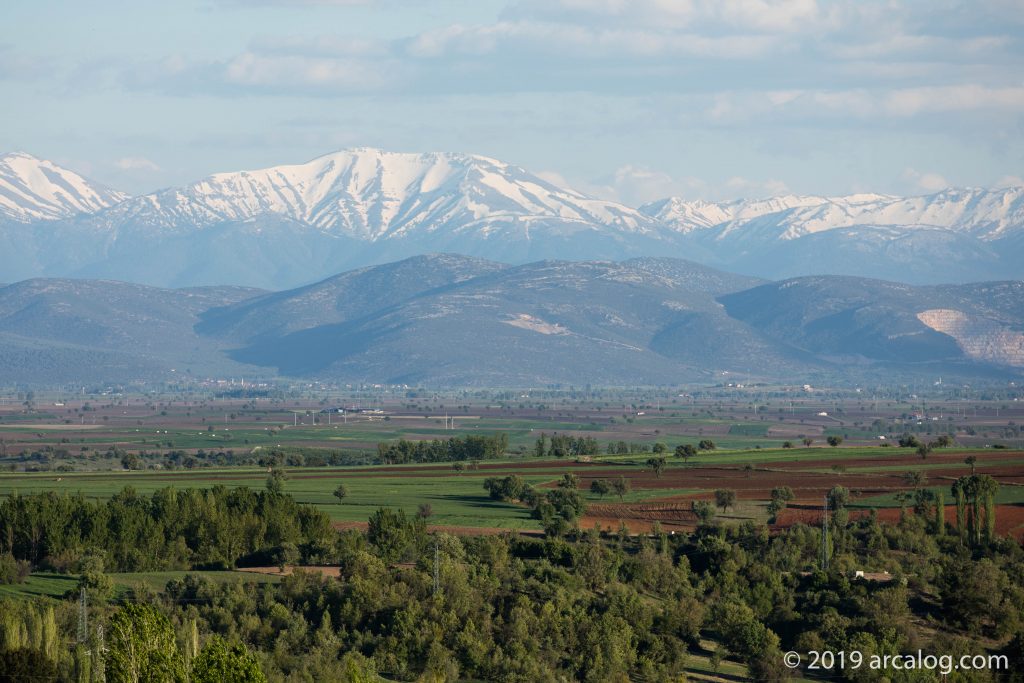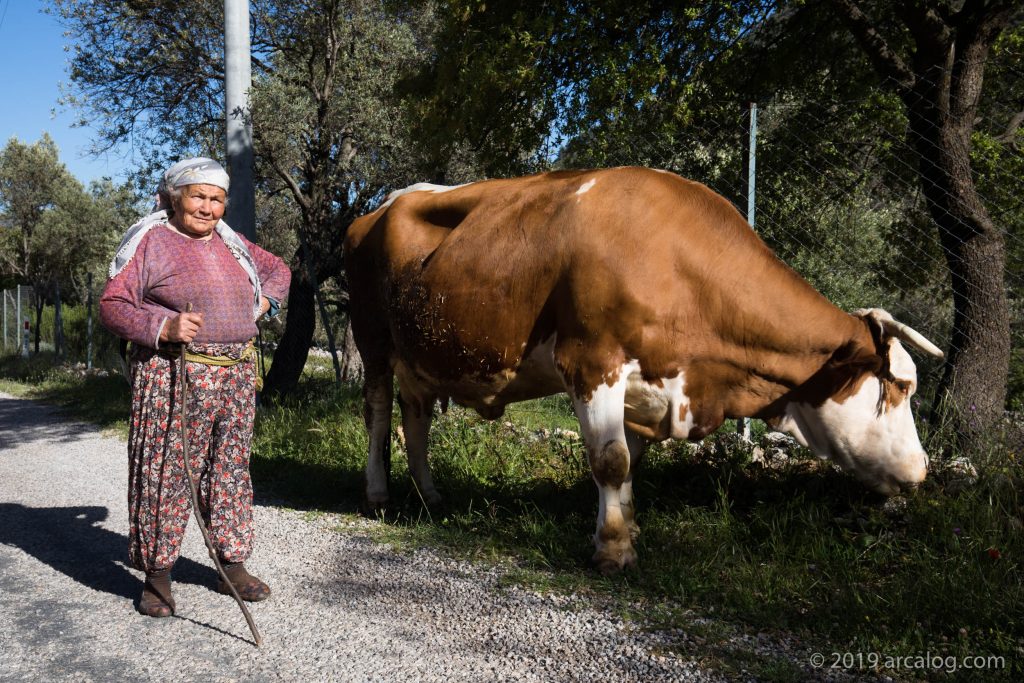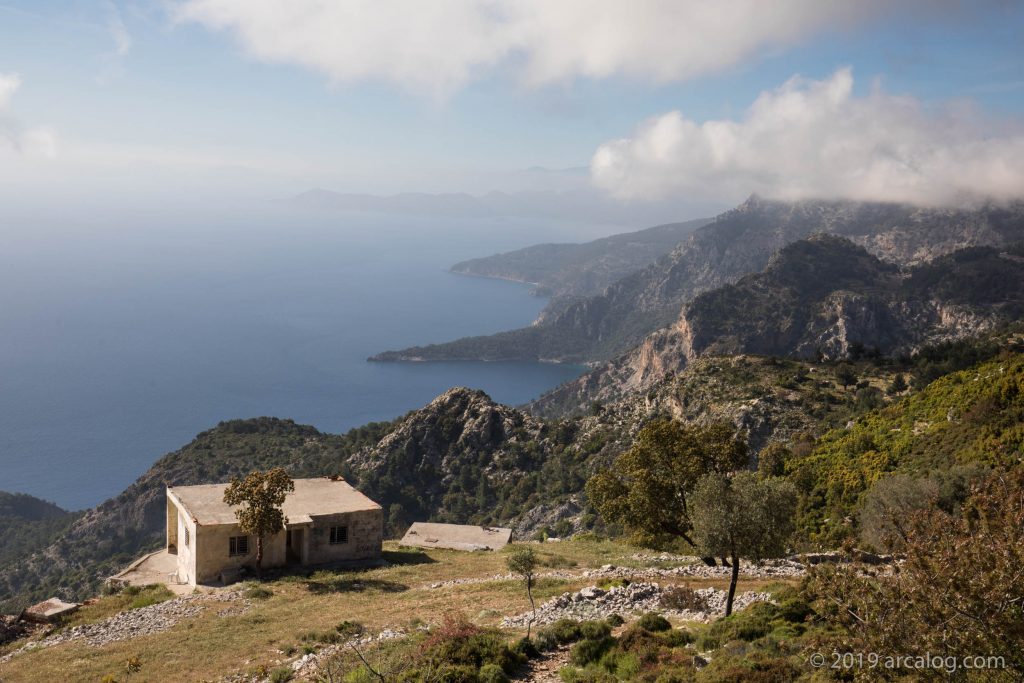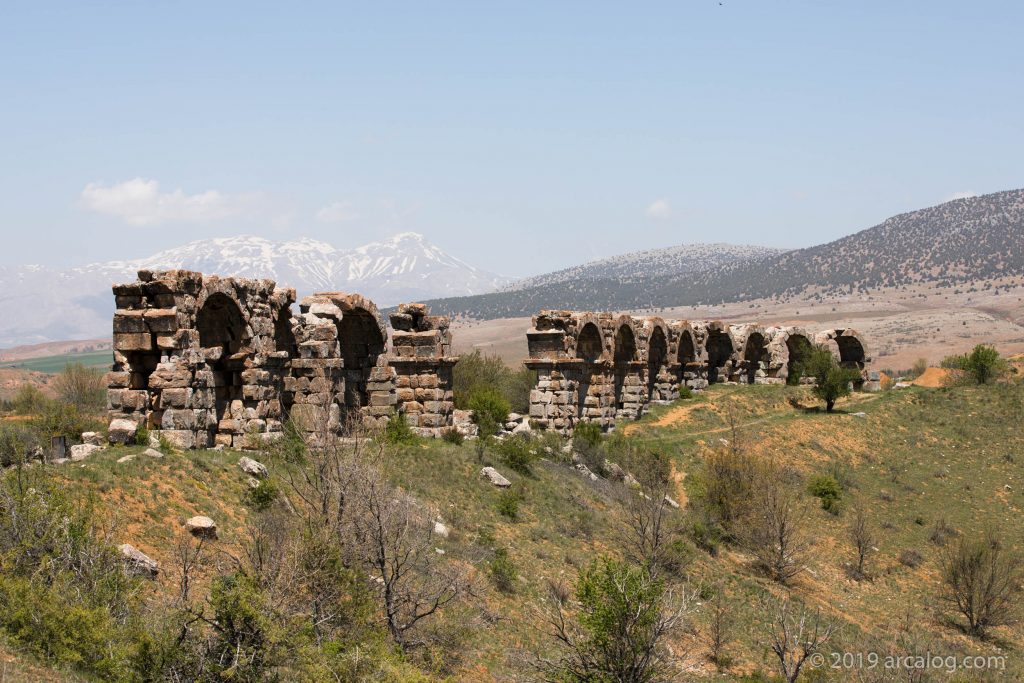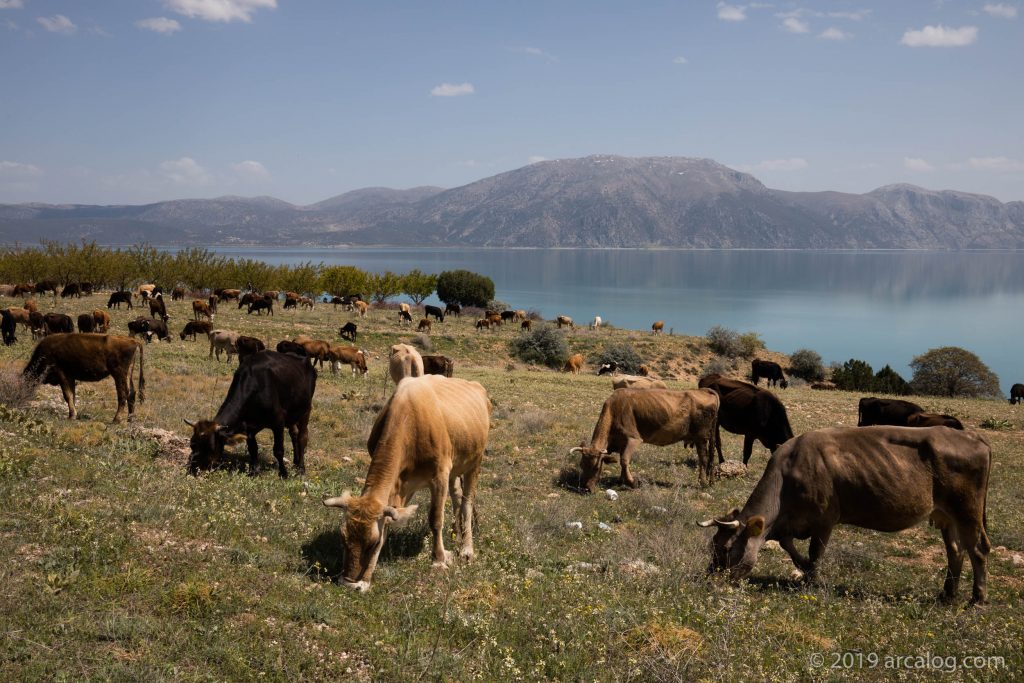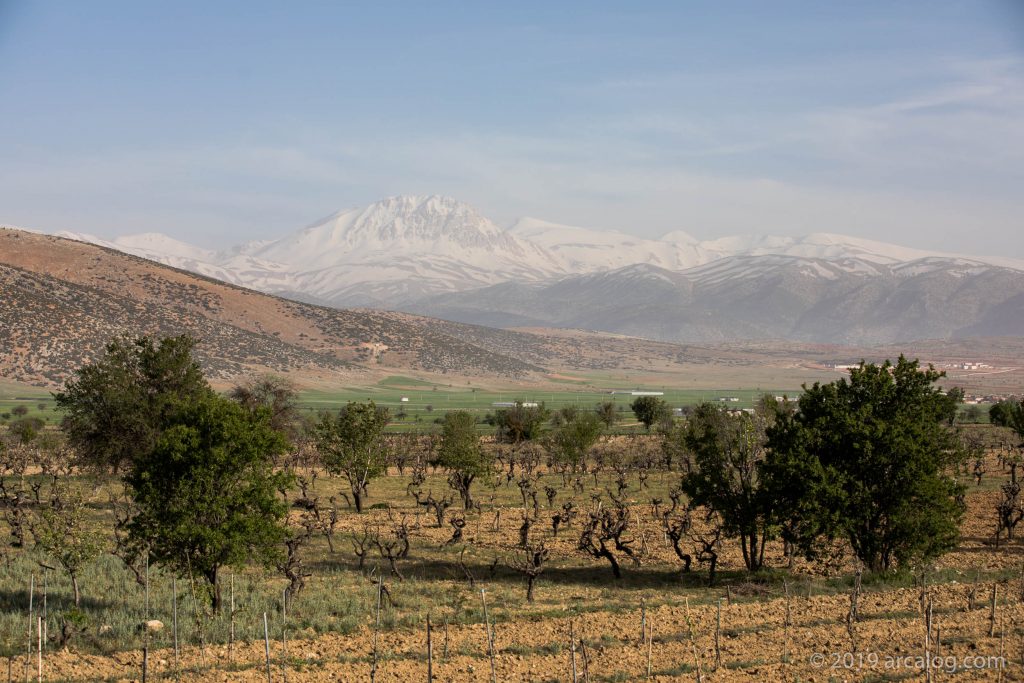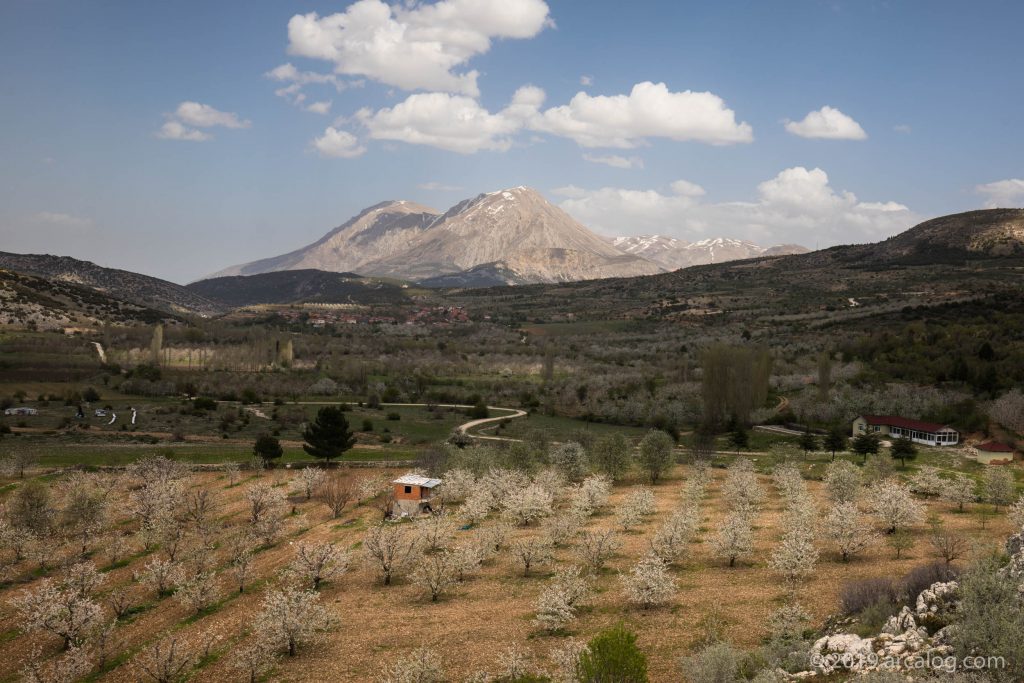One thing that struck me as I drove from Conya (Iconium) to Pisidia Antioch, and then along the southern coast of Turkey, was just how rugged the terrain is. The road wound through high mountain passes and descended into pleasant valleys that seem to have been left behind and forgotten in our the rush to industrialize.
Paul delivered several sermons in the synagogue at Antioch (Acts 13). Many received the news with joy but some among the Jews stirred up the “devout women of high standing and leading men of the city” against the apostles. So they departed Antioch for Iconium and then Lystra, where, in response to the healing of a crippled man, the people declared, “The gods have come down to us in the likeness of men!” This was, of course, the very claim the Roman emperors made for themselves.
To fly down and change your own form to the frame
Of a young man on earth, and, braving the danger,
To suffer the people to give you the name
Of Caesar’s avenger 1
In response, Paul declared to the people of Lystra that we ought instead to worship the living God, the Creator of the heavens and the earth, who satisfies our hearts with food and gladness. (Acts 14:14) It was a simple message, but it was also subversive, for these words undermined the worship of Caesar!
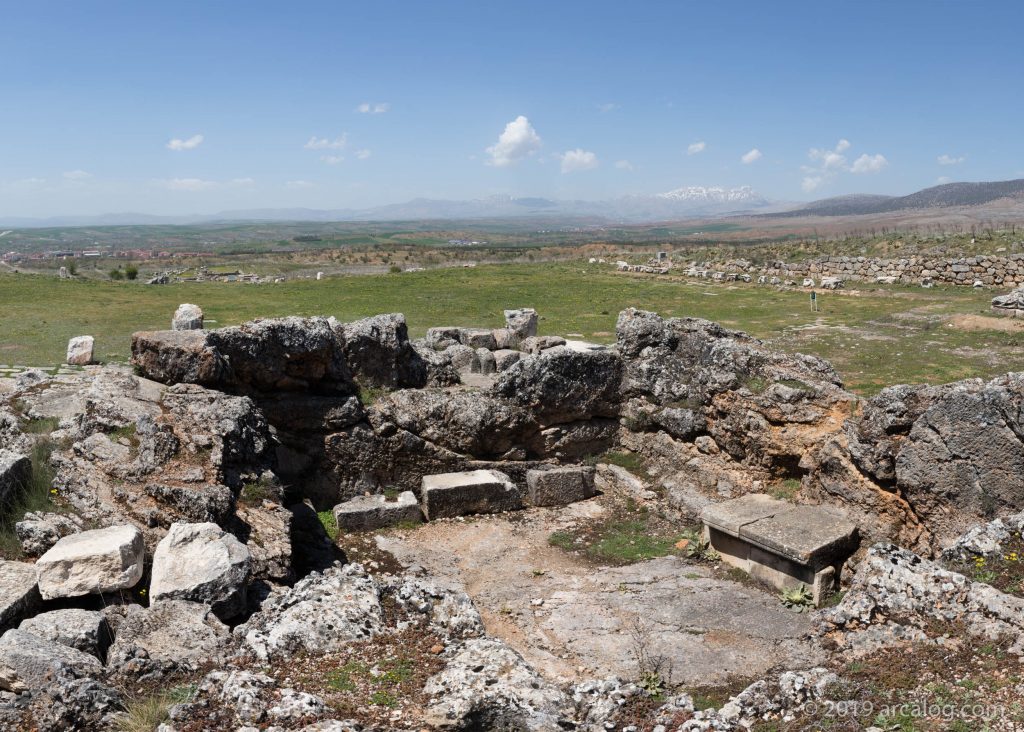
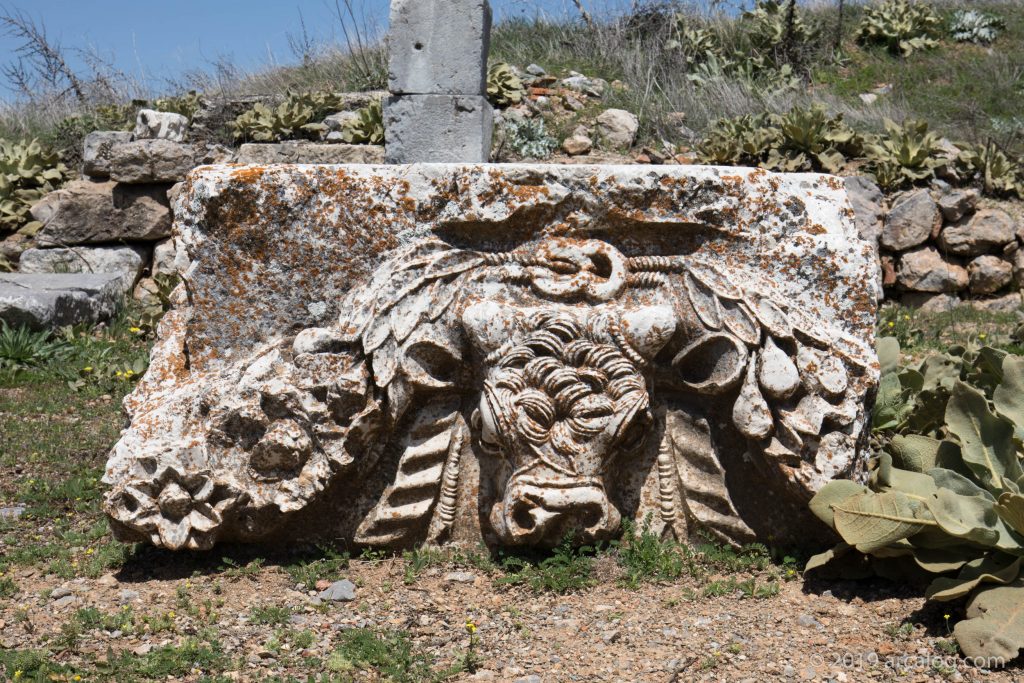
- Od. 1.2.25-44, from “Paul and the Faithfulness of God”, N.T. Wright (pg 322) ↩
